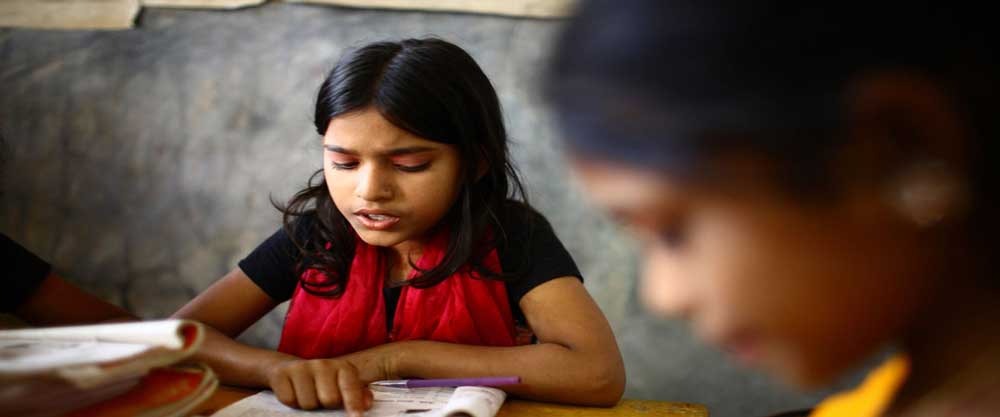Menarche is the first menstrual cycle of a girl, marking the attainment of puberty. Girls experience menarche at different ages. Typically, they attain puberty between the ages of 10 and 14.

As per a 2020 article published in the Journal of Preventive Medicine and Holistic Health, studies indicate that 34 per cent of the girls have breast development, pubic hair appearance, and the onset of the first menstruation - menarche - before the age of 8 years.
Clinical Psychologist, Mehezabin Dordi throws light on the factors contributing to early menstruation in India. Early menarche (onset before age 8) can be influenced by both internal and external factors. Internal factors include genetics, hormonal imbalances, and conditions such as central precocious puberty. External factors involve nutrition, obesity, exposure to environmental chemicals (like endocrine disruptors), and psychosocial stressors (such as trauma or familial conflict). Risks associated with early menarche include an increased likelihood of mental health issues such as anxiety, depression, body image concerns, and potential long-term risks such as cardiovascular diseases and reproductive cancers.

Early menarche is a concern because it can have psychological, emotional, and physical consequences. Girls who experience early puberty may feel isolated or self-conscious due to being developmentally different from their peers. They are at higher risk of mental health disorders, eating disorders, and engaging in risky behaviours like early sexual activity. Early menarche is also linked to long-term health complications, including metabolic syndrome, breast cancer, and fertility issues. From a psychological standpoint, these girls may experience difficulties navigating their changing bodies and emotions without proper support.

Parental Backing
Parents play a crucial role in supporting their daughters through early menstruation. Understanding the causes—such as genetics, obesity, and environmental triggers—can help parents take proactive steps. Open communication is essential; parents should educate their daughters about the changes in their bodies, normalise the experience, and provide emotional support to reduce anxiety and stress. Additionally, creating a healthy home environment with proper nutrition, physical activity, and mental health support can mitigate some risk factors associated with early puberty.
Preventing The Early Onset Of Puberty
Preventing the early onset of puberty involves addressing modifiable risk factors. This includes encouraging a healthy diet and maintaining a healthy weight, as obesity is linked to earlier menarche. Reducing exposure to environmental endocrine-disrupting chemicals (found in plastics, pesticides, etc.) can also help. Psychosocial support is critical; creating a stable, stress-free environment can reduce the likelihood of stress-induced early puberty. If early puberty is suspected, it’s important to seek medical evaluation to rule out underlying health conditions.

Declining Trend In Menarcheal Age
A declining trend of menarcheal age is noted in many developing and developed countries since the previous century. There is a reduction in the age of menarche by nearly one month per decade suggesting a secular decline in age of menarche among Indian women. Ms Dordi explains that the secular decline in the age of menarche is driven largely by improvements in nutrition and health. In countries like India, rapid urbanisation and lifestyle changes have contributed to this shift. While improved health is generally positive, the trend toward earlier menarche can also pose challenges, as earlier puberty may increase vulnerability to psychological stress, early sexual activity, and long-term health risks. This trend highlights the need for public health initiatives that address the broader sociocultural and environmental factors contributing to this shift, particularly focusing on preventing childhood obesity and reducing exposure to harmful chemicals.
Apart from the physical and psychological impact of early menarche, Ms Dordi shares that it’s important to focus on societal attitudes toward puberty and menstruation. Cultural stigmas and misinformation about menstruation can exacerbate the stress young girls experience. Education campaigns that promote menstrual health awareness can empower girls and foster a more supportive environment. Additionally, research into the psychosocial aspects of early puberty should continue, particularly in contexts where girls face additional pressures due to cultural expectations or economic hardship.
Image source: Her Foundation, Tweak, Sakshi post, Salt and light